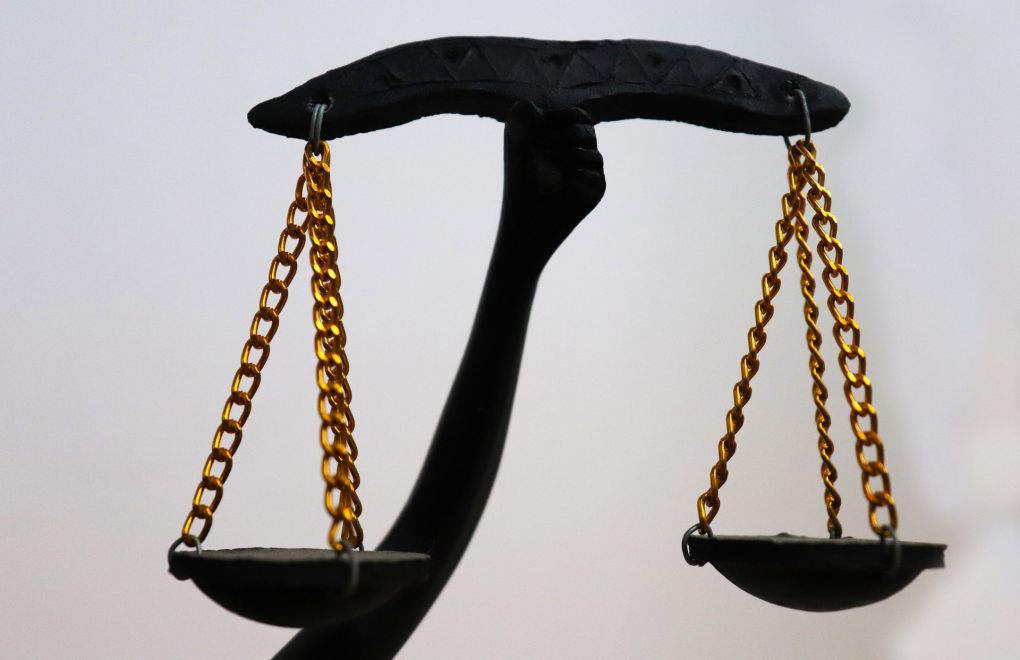Photo: Pixabay
Click to read the article in Turkish
The Constitutional Court has ruled that a judge violated the right to an impartial trial by upholding a decision he gave after he was appointed to the upper court.
Giving a judgment regarding the application of a prisoner, who was a former deputy governor, it sent the case to the court for a retrial.
Judge E.A. had rejected the prisoner's appeal against a three-day disciplinary punishment and gave the same ruling as the member of a heavy penal court, where he was later appointed to.
Announcing its justified decision today (July 17), the Constitutional Court stated that judge E.A. clearly violated the law by taking part in the examination of the appeal and harmed the objective impartiality of the court.
It was clear that the judge might take a defensive stance, to an extent, regarding the possible legal and practical mistakes in his own decision, the top court stated.
E.A. taking part in both decisions constitutes the "rightful basis for suspicions regarding him being impartial," the court also stated.
"In determining objective impartiality, it is important whether there is sufficient guarantee for the elimination of any legitimate concern, fear about the judge's impartiality.
"The judge who will examine the case must be equal, impartial and without prejudice against the parties of the case, and give a verdict according to his conscientious opinion without any inculcation and pressure. This is what is expected of judges regarding the constitution and laws."
What happened?
Serkan Şeker, who was dismissed as a deputy governor, was remanded in custody at Şırnak Type T Prison for attempting to overthrow the Republic of Turkey.
After an argument with wardens during a search and headcount, Şeker was handed three-day cell confinement for insult and threat by the disciplinary board on August 11, 2016.
He appealed the punishment at the Şırnak Judgeship of Execution. After it rejected his objection, Şeker applied to the Şırnak 2nd Heavy Penal Court, which unanimously rejected his application.
E.A., who had previously examined Şeker's application as the execution judge, was also at the heavy penal court board.
Şeker applied to the Constitutional Court on January 23, 2017, claiming that his right to an impartial court was violated. The top court ruled in favor of Şeker on June 2 and released its reasoned decision today. (AS/VK)






sa.jpg)
cklnsds.jpg)




